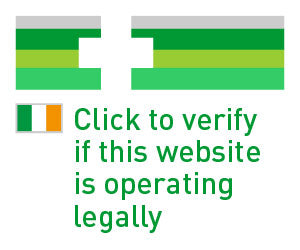Rosacea Skin Condition

Rosacea is a common, chronic inflammatory skin condition, which mainly affects facial skin and can be characterised by flare-ups and remissions. As rosacea progresses, your cheeks, nose, skin, and forehead will be red all the time. These are tiny broken blood vessels that do not go away may appear on your skin. It's more common in women and people with lighter skin, but symptoms can be worse in men.
Signs of Rosacea:
- Redness (blushing) across your nose, cheeks, forehead, and chin that comes and goes
- A burning or stinging feeling when using water or skincare products
- Dry skin
- Swelling, especially around the eyes
- Yellow-orange patches on the skin
- Sore eyelids or crusts around roots of eyelashes – this could be blepharitis
- Thickened skin, mainly on the nose
Potential Triggers of Rosacea:
- Alcohol
- Spicy foods
- Cheese
- Caffeine
- Hot drinks
- Aerobic exercise like running
Reliving Symptoms At Home:
- Wear a high SPF sunscreen of at least SPF 30 every day
- Try to avoid heat, sunlight, or humid conditions if possible
- Try to cover your face in cold weather
- Use gentle skincare products for sensitive skin
- Clean your eyelids at least once a day if you have blepharitis
- Take steps to manage stress
Rosacea cannot be cured but treatment from your GP can help control the symptoms. It can get worse if it's not treated.
- Topical treatments – come in the form of gels, lotions and creams that are applied directly to the skin.
- Systemic treatments – medications taken by mouth.
- Other treatments – light and laser devices to treat redness and dilated blood vessels
When to contact your GP:
- Your eye is painful
- Your vision is blurred
- You're sensitive to light
- You have a red eye
- Your eye feels gritty
Your GP may suggest:
- Prescriptions for creams and gels you put on your skin
- Taking antibiotics for 6 to 16 weeks
- IPL (intense pulsed light) treatment



